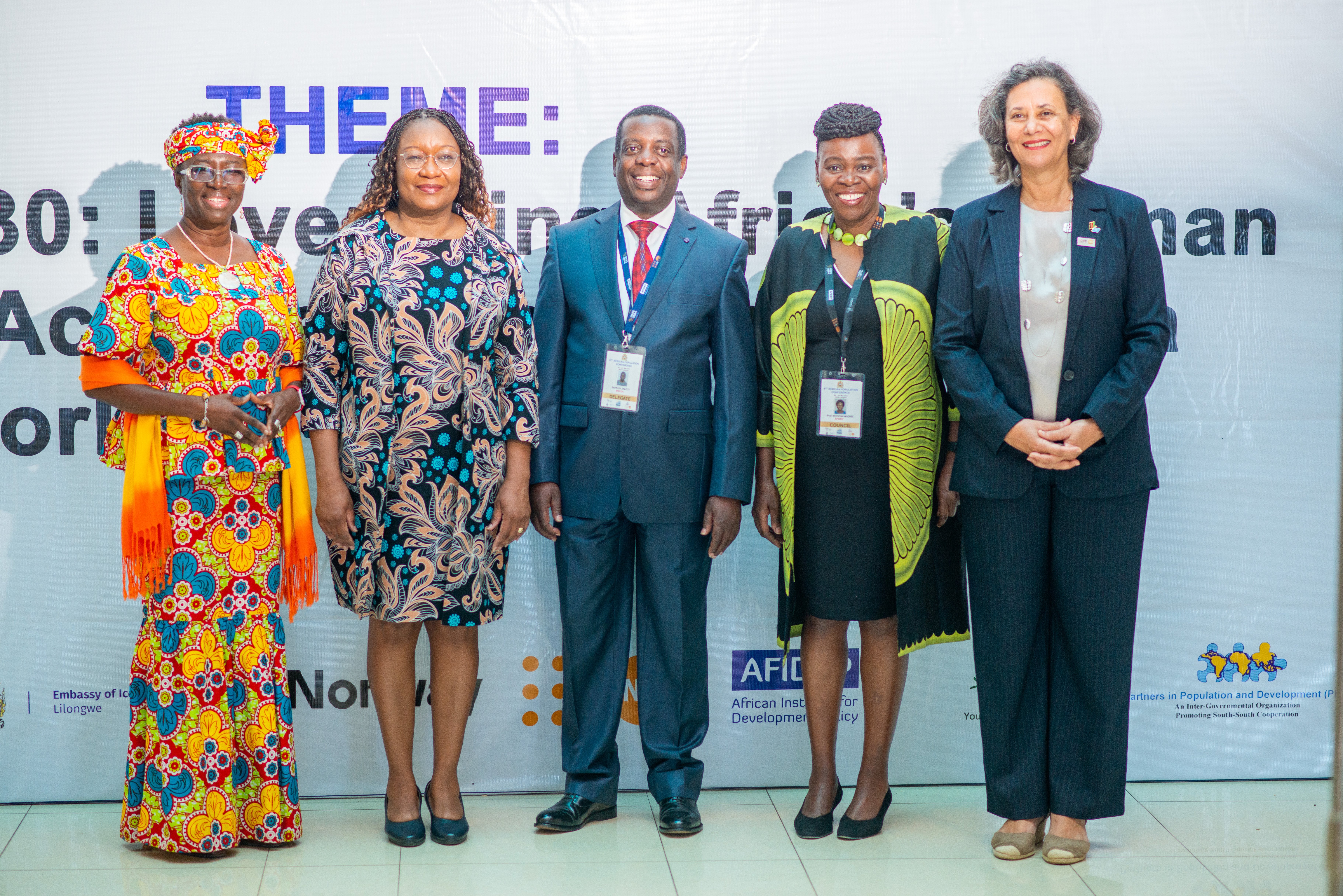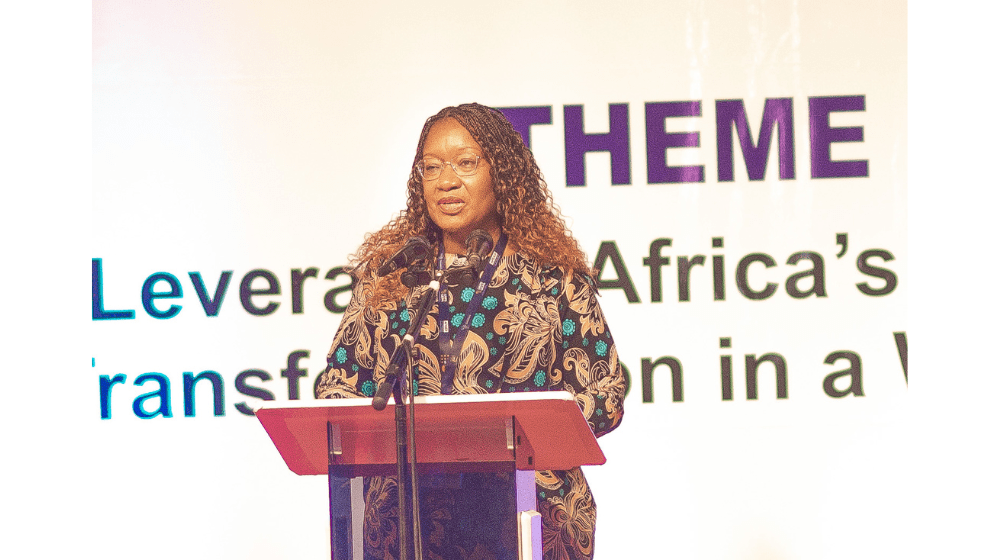Lilongwe, Malawi —At the 9th African Population Conference being held in the Malawi capital of Lilongwe, Ms. Lydia Zigomo, UNFPA Regional Director for East and Southern Africa, called for intensified efforts to develop human capital to propel Africa towards sustainable growth amidst global uncertainties.
The conference, themed “Road to 2030: Leveraging Africa’s Human Capital to Achieve Transformation in a World of Uncertainty,” reflects on progress since the landmark International Conference on Population and Development (ICPD) held in Cairo 30 years ago.
Ms. Zigomo applauded achievements like gender parity in primary school enrollment and improved maternal health but highlighted persistent challenges, including high rates of teenage pregnancy and gender-based violence. She commended Malawi for hosting the event and its commitment demonstrated during the recent 57th Session of the Commission on Population and Development (CPD).
Ms. Zigomo emphasized the significance of the Political Declaration from the CPD, reaffirming commitment to the ICPD agenda beyond 2030. She called for increased political and financial support to complete the ICPD agenda, stressing the need for high-quality, timely, and detailed data to inform policies and monitor progress. She underscored the importance of investing in youth, particularly girls, to harness the demographic dividend and achieve Africa’s Agenda 2063.

As the conference continues, discussions will focus on how demographic factors like urbanization, climate change, and digitalization impact development, with a strong emphasis on rights-based approaches for vulnerable populations. Ms. Zigomo concluded by calling for robust, evidence-based policies and investments in population programs to shape the future of Africa’s development.
In his opening remarks, Malawi President Lazarus Chakwera noted the timeliness of the assembly, marking the 30th anniversary of the Program of Action of the ICPD. “This Program of Action demands we grapple with the multi-faceted implications of Africa being the second most populous continent, projected to be home to a quarter of the world’s population by 2050, most of whom will be young people under 25,” he said.
President Chakwera called on the world to harness Africa’s youth dividend.
He said:
Other continents struggle to sustain their labor market demands due to a shortage of young workers in critical industries, including agriculture and food security. Africa is perfectly poised to solve this challenge if we can shift our perspective and see our youthful, enterprising population as a valuable resource.
He stressed the need for platforms that promote synergy, where Africa's population advantage can address the human capital shortages elsewhere, creating a better world. “Africa needs platforms for inclusivity, where those in power open doors for the youthful and enterprising citizens to make meaningful contributions to governance and development,” he said.
President Chakwera emphasized that Africa must celebrate and leverage its demographic dividend by nurturing, empowering, and deploying its people. “We must put our populations to work and embrace a long-term vision of nation-building, focusing on early childhood development, education for girls, and ending child marriage by 2030.”
He noted that by investing in human capital and setting ambitious targets, Africa can transform its demographic potential into a powerful driver of sustainable development.


